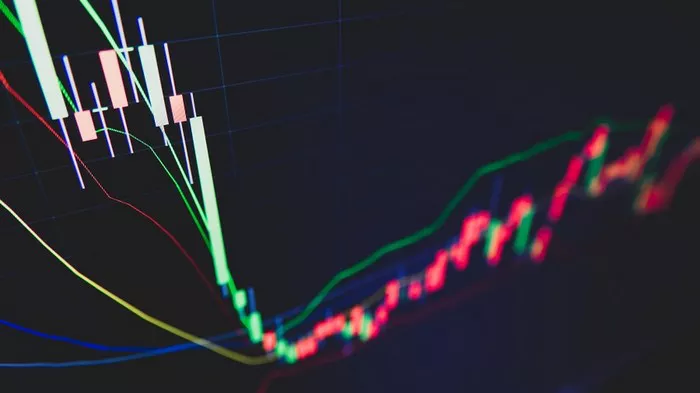The world of finance is a dynamic landscape where investors and traders seek opportunities to capitalize on market movements and trends. Among the diverse instruments available, stock index futures trading stands out as a popular and impactful strategy. Stock index futures allow market participants to speculate on the future direction of a particular stock market index.
Understanding Stock Index Futures Trading
Stock index futures trading involves the buying and selling of futures contracts that derive their value from an underlying stock market index. These futures contracts enable participants to speculate on whether the value of the underlying index will rise or fall by a specified future date. The underlying index represents a basket of stocks that are representative of a particular market or sector.
Mechanics of Stock Index Futures
At its core, stock index futures trading involves entering into an agreement to buy or sell a predetermined value of an index at a specific price on a specified future date. Unlike trading individual stocks, where ownership is transferred, futures contracts are purely derivative instruments. Traders can take either long (buy) or short (sell) positions, depending on their expectations of market movements.
Leveraging Leverage
One of the defining features of futures trading, including stock index futures, is leverage. Leverage allows traders to control a larger position with a fraction of the total contract value, thereby amplifying both potential profits and potential losses. This inherent leverage can make stock index futures an attractive option for traders seeking exposure to broader market movements with a smaller capital outlay.
Diverse Market Exposure
Stock index futures trading provides participants with exposure to entire markets or sectors rather than individual stocks. This diversity can be particularly advantageous for those seeking to spread risk across multiple assets. By trading index futures, investors gain exposure to a broad cross-section of the market, potentially minimizing the impact of poor performance by any individual stock.
Hedging and Risk Management
One of the primary purposes of stock index futures trading is to manage risk. Investors and institutions often use these contracts as a hedging strategy to protect their portfolios from potential market downturns. For instance, if an investor anticipates a market correction, they can take a short position in stock index futures to offset potential losses in their equity holdings.
Market Speculation and Trend Following
While risk management is a significant motivation, stock index futures trading also attracts speculators and trend-following traders. Speculators seek to profit from short-term price movements in the market, taking advantage of opportunities presented by market volatility. Trend-following traders, on the other hand, analyze historical price patterns and trends to make informed decisions about future market movements.
Global Accessibility and Continuous Trading
The accessibility of stock index futures trading is a notable advantage. While traditional stock markets have specific trading hours, futures markets offer continuous trading across multiple time zones. This accessibility allows traders to react to news and events outside of regular market hours, minimizing the impact of overnight developments on their portfolios.
Price Discovery and Market Sentiment
Stock index futures markets contribute to price discovery, the process through which the futures price reflects market sentiment and expectations about the future value of the underlying index. The interaction of various market participants, including hedgers, speculators, and institutions, contributes to the determination of futures prices.
Dynamics of Risk and Reward
While stock index futures trading presents opportunities for profit, it also involves inherent risks. The leverage factor can magnify both gains and losses, making prudent risk management essential. Traders must carefully consider factors such as market volatility, contract specifications, and potential market-moving events when engaging in stock index futures trading.
Economic Indicators and Market Events
Stock index futures trading is influenced by a multitude of factors, including economic indicators, corporate earnings reports, central bank decisions, geopolitical developments, and unexpected news. Major economic releases, such as employment data or GDP figures, can lead to significant market movements and impact futures prices.
Conclusion
Stock index futures trading plays a vital role in the modern financial landscape, offering participants opportunities to speculate on market movements, manage risk, and diversify their portfolios. Through the mechanics of futures contracts, traders gain exposure to entire markets or sectors, leveraging the power of derivatives to amplify their potential returns. While stock index futures trading offers numerous benefits, it also carries risks that demand careful consideration and risk management strategies. As technology continues to advance, providing greater access and real-time trading capabilities, stock index futures trading remains a powerful tool for both institutional investors and individual traders seeking to navigate the complexities of global financial markets.


